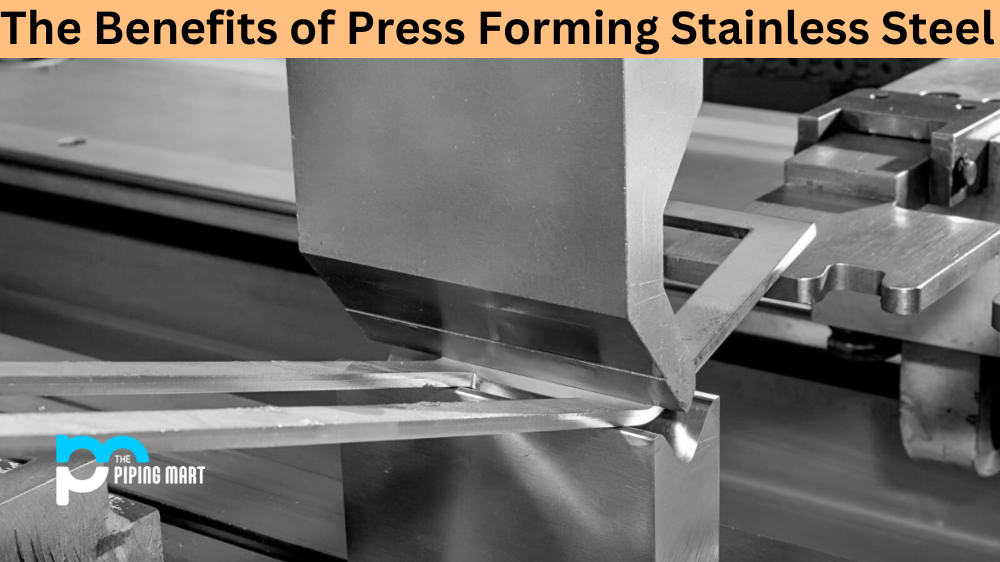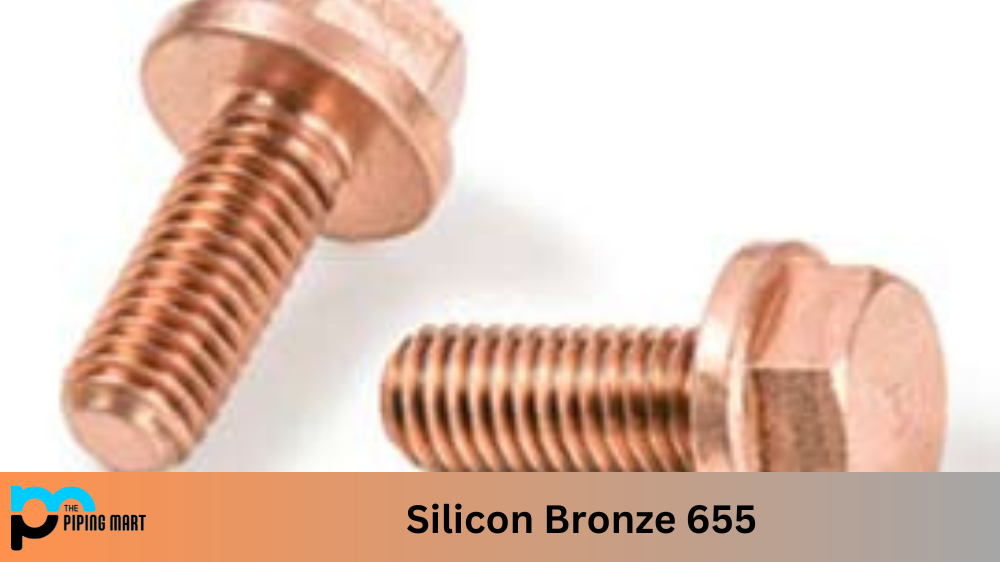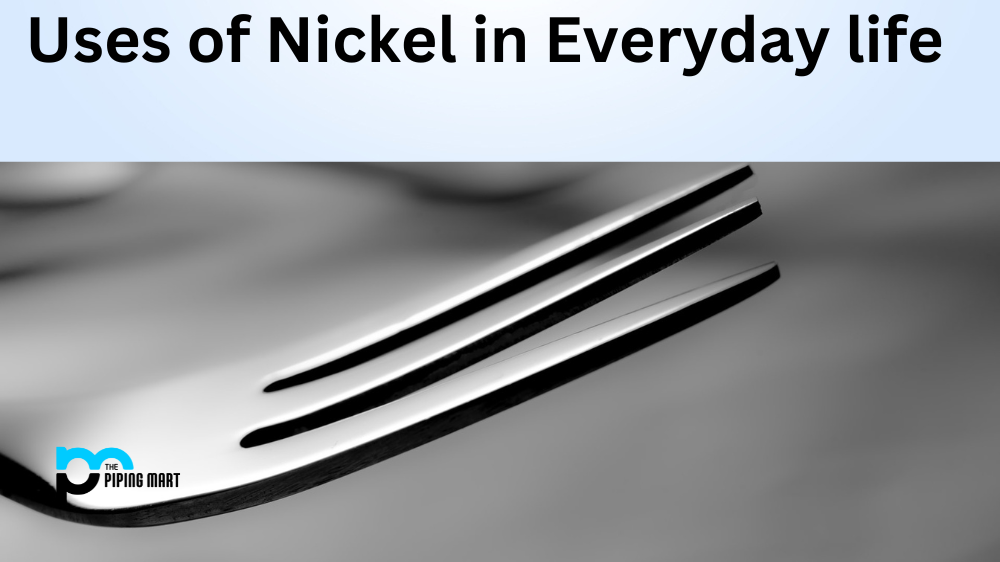When it comes to metal alloys, two of the most popular choices are silicon bronze and phosphor bronze. Both of these metals have their own unique properties that make them ideal for certain applications. So what is the difference between silicon bronze and phosphor bronze? Let’s take a closer look at each one to find out.
Silicon Bronze
Silicon bronze is an alloy of copper, silicon, and zinc with a small amount of lead added to it. It is known for its superior strength and corrosion resistance. Silicon bronze is also very malleable, making it an ideal choice for welding and forming into shapes. The most common application for this alloy is in marine hardware such as boat propellers or rigging components because of its excellent corrosion resistance when exposed to saltwater.
Phosphor Bronze
Phosphor bronze is an alloy made up primarily of copper with tin and phosphorus added to it. This combination makes for a strong, durable metal that can handle wear and tear better than other metals such as stainless steel or aluminum. The combination also gives it great electrical conductivity which makes it ideal for connectors such as pins, sockets, and switches in electronics components like circuit boards or wiring harnesses. Phosphor bronze also has excellent acoustic properties which makes it useful in musical instrument strings and loudspeaker cones.
Silicon Bronze vs Phosphor Bronze
Chemical Composition
The first major difference between silicon bronze and phosphor bronze is their chemical composition. Silicon bronze contains, as the name suggests, a higher percentage of silicon. The silicon gives the alloy better resistance to corrosion and oxidation. Phosphor bronze, on the other hand, contains a higher percentage of phosphorus. This gives the alloy better strength and hardness.
Uses
Due to their different chemical compositions, silicon bronze and phosphor bronze have different uses. Silicon bronze is typically used in applications where resistance to corrosion is important, such as in marine environments. Phosphor bronze is often used in electrical applications because of its high electrical conductivity.
Strength
Another key difference between these two alloys is their strength. Silicon bronze has an ultimate tensile strength (UTS) of around 65 ksi (kilopounds per square inch). On the other hand, phosphor bronze has an ultimate tensile strength (UTS) in excess of 75 ksi. This makes it ideal for applications requiring high levels of tensile strength, such as high-pressure piping systems or heavy-duty machining components.
Cost
Another major difference between these two alloys is their cost. Silicon bronze is typically more expensive than phosphor bronze because it is more difficult to produce. Additionally, silicon bronze is not as widely available as phosphor bronze, which can also impact its cost.
Machinability
Another factor that can impact the cost of these two alloys is their machinability. Silicon bronze is more difficult to machine than phosphor bronze because of its high silicon content. This means that it takes longer to machine parts out of silicon bronze, which can increase the cost of production.
Weldability
Weldability is another important factor to consider when choosing between these two alloys. Silicon bronze can be more difficult to weld than phosphor bronze because of its high silicon content. This means that special care must be taken when welding silicon bronze to avoid damaging the alloy.
Corrosion Resistance
Finally, one of the most important factors to consider when choosing between silicon bronze and phosphor bronze is their corrosion resistance. As mentioned above, silicon bronze has better resistance to corrosion than phosphor bronze due to its higher silicon content. This makes it a good choice for applications where corrosion resistance is important
Conclusion
When choosing between silicon bronze and phosphor bronze, you need to consider the application you are using them for. Each has its own advantages depending on whether you need strength, corrosion resistance, electrical conductivity or acoustic properties. Overall both metals are strong yet malleable which makes them suitable for many applications including marine hardware, electronics components, musical instruments strings or loudspeaker cones. No matter what your needs are there will likely be a perfect metal alloy to suit your project!

Pipingmart is B2B portal specializes in industrial, metal and piping products. Also, share latest information and news related to products, materials and different types grades to help business dealing in this industry.



